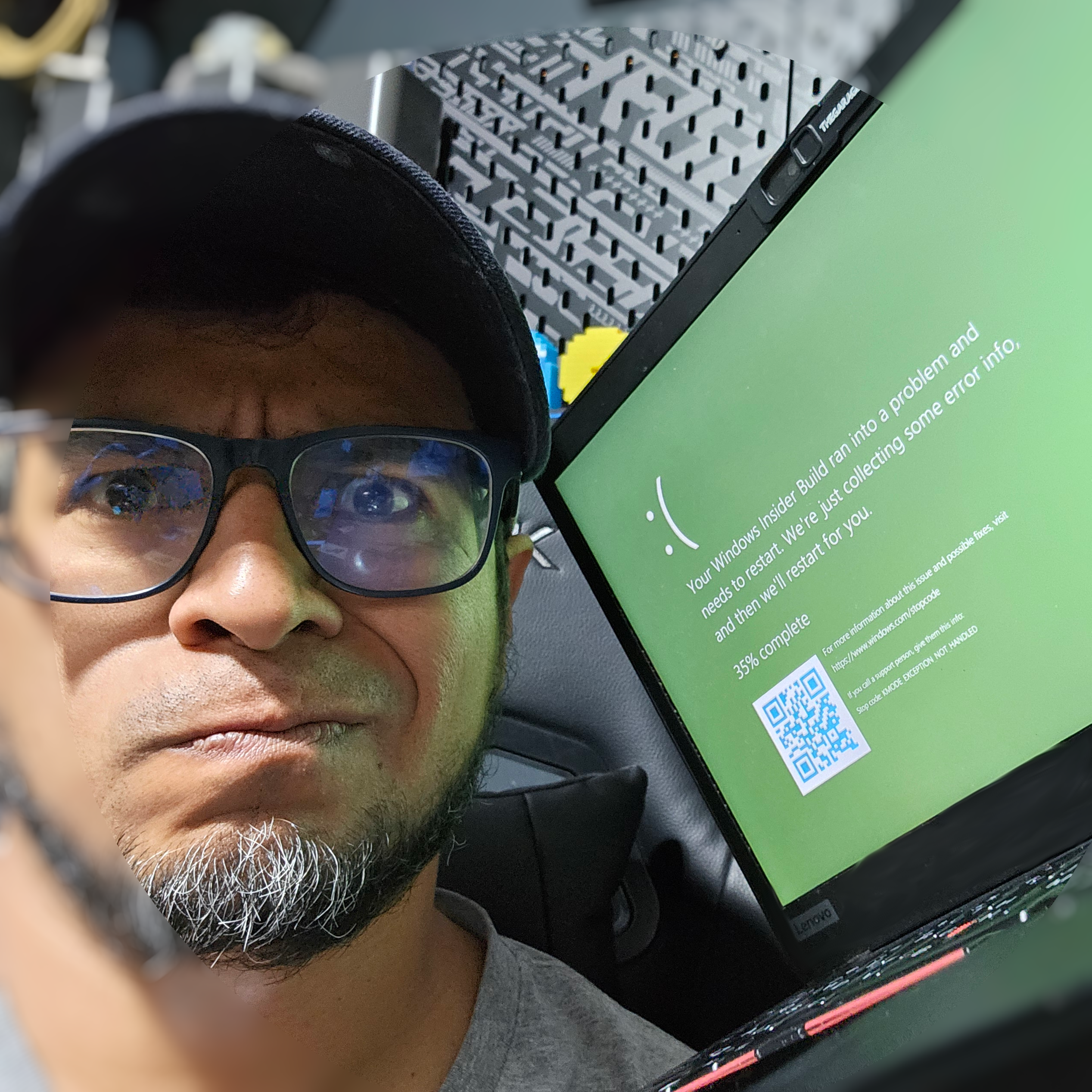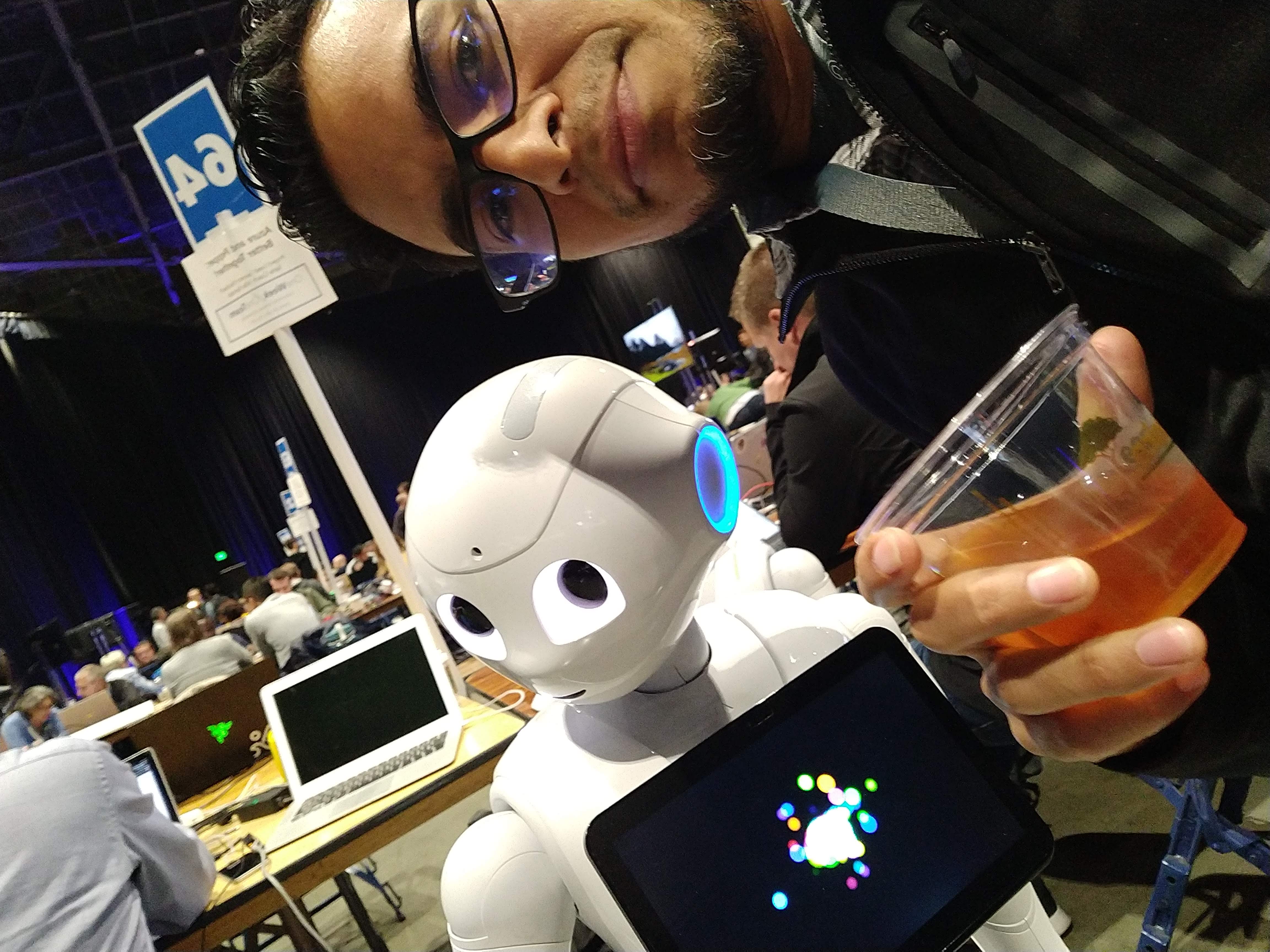VocalCat: Why it went open source
The story behind why I decided to open-source VocalCat—my social media management suite for creators. It’s about ego checks, building in public, and staying true to open-source values.

A blog by Maho Pacheco
The story behind why I decided to open-source VocalCat—my social media management suite for creators. It’s about ego checks, building in public, and staying true to open-source values.

AI is taking over everything—except the parts that still need soul. Here’s why the future of software still needs people, not just prompts.

A rollercoaster of pride, panic, and AI gasliting I code to relax. Some people do yoga, some meditate—I open VS Code at 11 PM like a gremlin-raccoon. Don’t judge. I work full-time at Microsoft, and between family time and my other hobbies, I somehow keep starting new side projects. I’ve got VocalCat, an AI interviewer for SOMOS.tech, some fediverse experiments, and a Mastodon fork where I play with identity and static blog integrations. And last night, against all common sense, I started another one.

Processes, tools, and extensive documentation are not going to save your ass, but the Agile Manifesto may. A friend just landed a job after a long hiatus. The very next day, I asked him if he’d been fired yet. I know, I’m mean, but with my close friends, this is how we communicate. Don’t judge. He laughed (Narrator: in fact he did not) and then, for the bazillionth time, told me how nice it must be working at Microsoft. “You guys have all the processes, all the resources. Everything just works!”

I was 11 years old when I became an accessibility advocate in software products thanks to Bill Gates. I did not know the term at the time, and it certainly was not planned. My parents bought a second-hand (or maybe third?) computer from a relative (thank you tío Rafa!), a fragrant IBM PS1 that now included screen colors. This was my second computer; the first one had a retina-damaging green monitor (verde chinga-pupila in Mexico), hacker-style, running DOS and Pascal.

I have always found Chernobyl fascinating, it is a captivating tale of caution yes, but also a profound tale of wisdom. Chernobyl by Midjourney Chernobyl stands as a catalyst of chaos and a tragic human disaster, yet it also embodies the essence of ambition and reveals a perplexing paradox in its furnace of ambition. A few years ago, I was enthralled by the HBO miniseries that portrayed the catastrophic nuclear incident in Pripyat, Ukraine, a part of the Soviet Union at the time. The series delved into the events leading up to the explosion, the immediate aftermath, and the subsequent efforts to contain the radioactive fallout. Although most of us aren’t involved in mission-critical software projects, it’s difficult not to draw parallels with risk management. Initially, we might question why they allowed certain signals to pass or why they didn’t follow mitigation actions outlined in their risk management plan. I witness similar scenarios in my daily work on software projects.